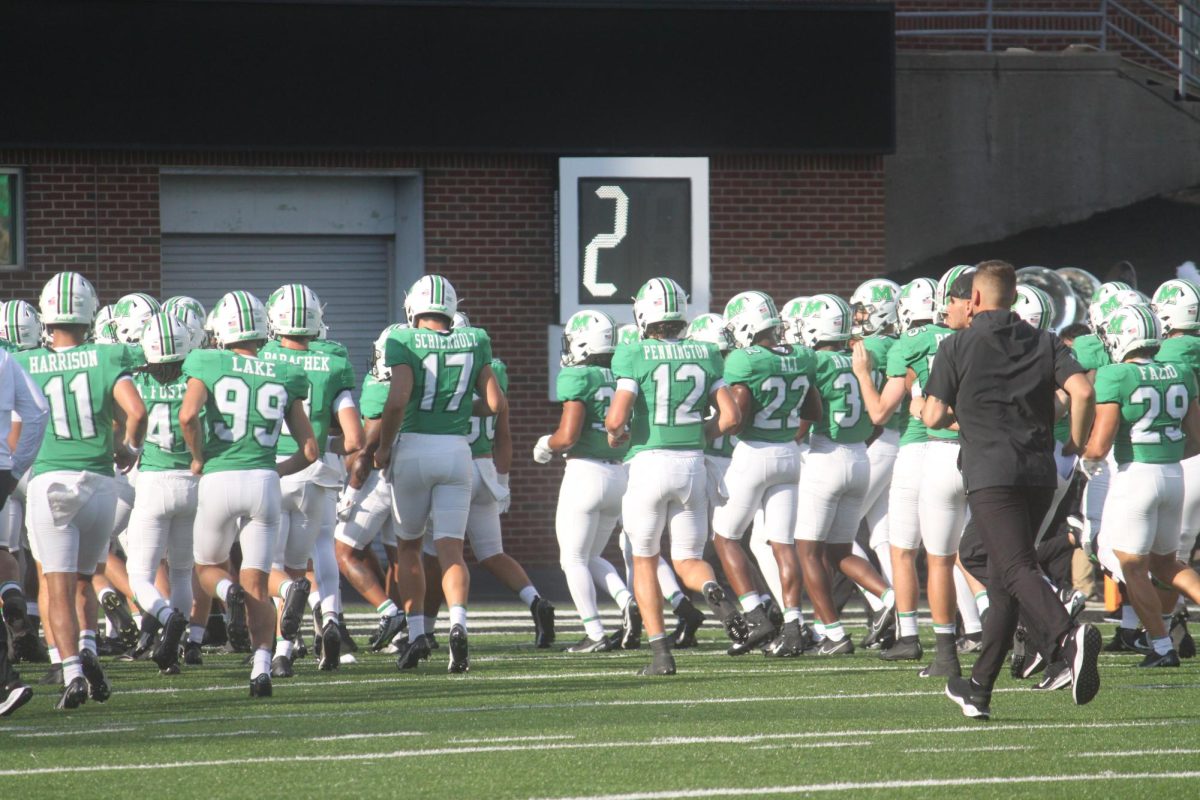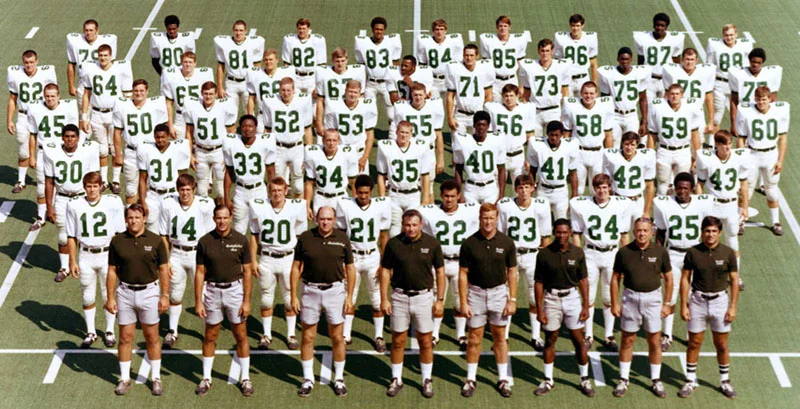Next Amicus Curiae to Explore Juries
Courtesy of University of Chicago
Dr. Sonali Chakravarti will present the next Amicus Curiae lecture.
March 1, 2023
The American judiciary should be of concern to all, a law professor explained regarding Marshall University’s upcoming Amicus Curiae lecture.
“The jury system – and whether it is fair and reaches just verdicts – should matter to all citizens,” said Dr. Patricia Proctor, law professor and director of the Simon Perry Center for Constitutional Democracy.
Marshall’s Amicus Curiae Lecture Series will continue with a lecture entitled, “The Role of Juries in Social Change” on Thursday, Mar. 2.
The speaker will be Dr. Sonali Chakravarti, a government professor at Wesleyan University. Chakravarti is also the author of two books: “Radical Enfranchisement in the Jury Room and Public Life” and “Sing the Rage: Listening to Anger After Mass Violence.” In addition, she has written articles in various publications, including The Atlantic and Political Theory.
Chakravarti earned her bachelor’s degree in arts at Swarthmore College and her doctorate from Yale University.
The lecture will highlight the process of criminal trials and how the jurors involved in those trials can affect societal norms.
“In this lecture, she will explore these issues by using the stories of famous and well-known trials, including the Derek Chauvin trial for the killing of George Floyd and the case of the Black Panthers in New Haven in 1970, showing how juries can shape not just the outcomes in a particular case, but also impact society at large and the law,” Proctor said.
“Sonali Chakravarti has done fascinating work that explores how jurors’ actions can shape the legal system, leading to a fairer society and often to changes in the law,”she said.
The lecture, which is open to the public, will begin at 7 p.m. in the Brad D. Smith Foundation Hall.
The series is sponsored by the Simon Perry Center for Constitutional Democracy and the West Virginia Humanities Council.

















